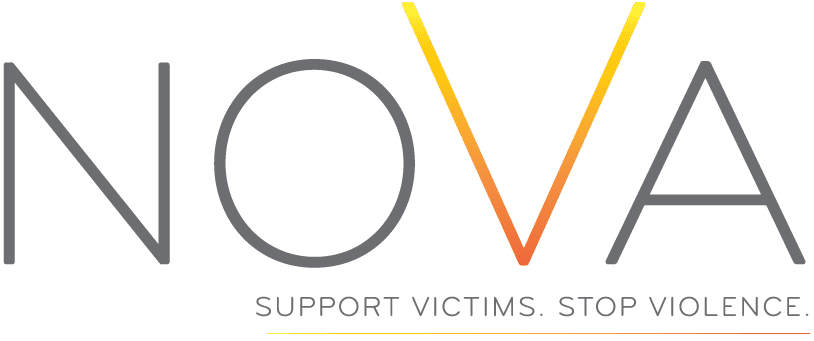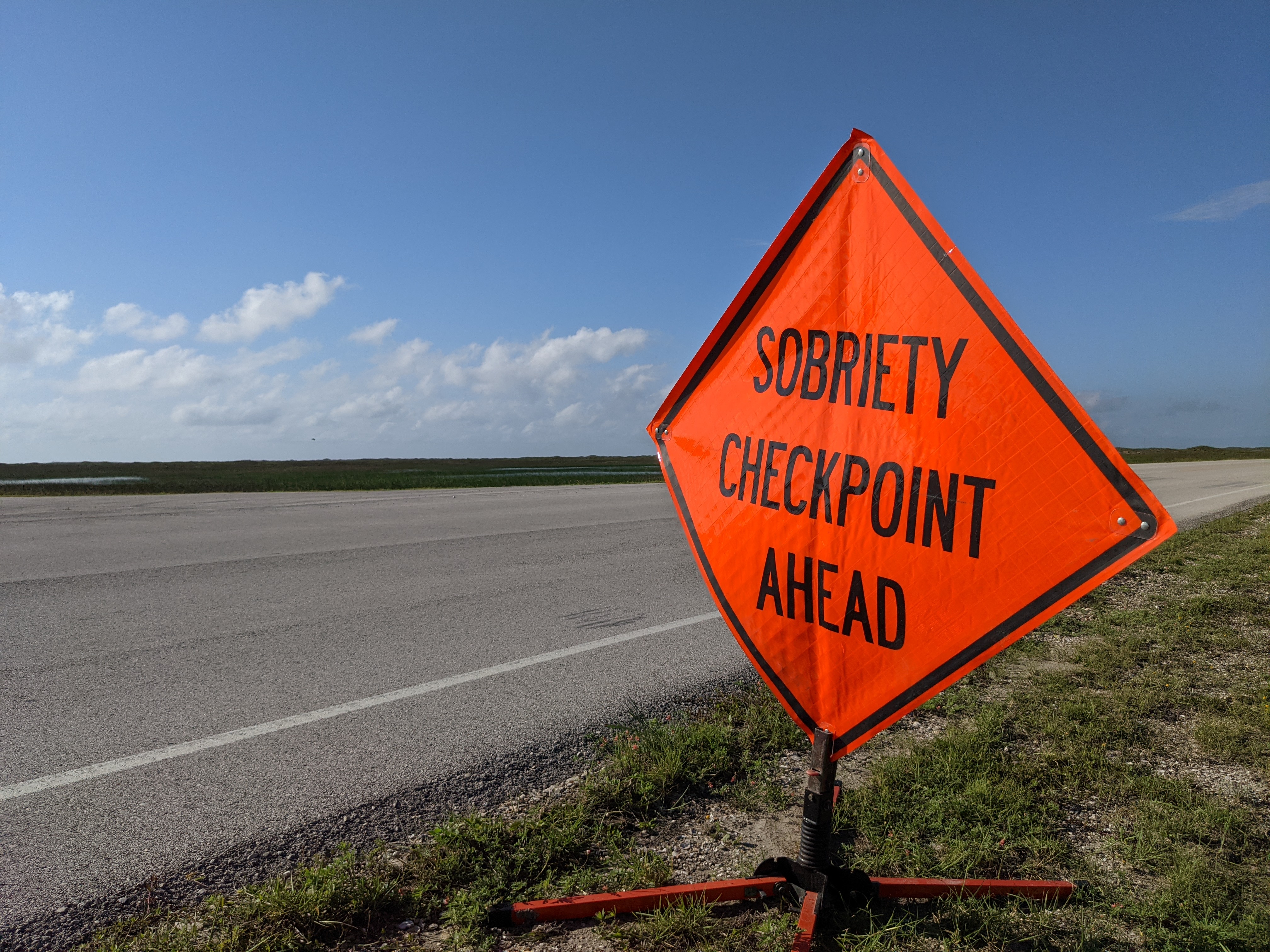Navigating your options when dealing with drunk driving organizations can feel overwhelming, especially if you’re facing legal trouble or trying to support a loved one who is. But here’s the truth: you’re not alone. Every year, thousands of people find themselves needing help from these organizations—whether for education, advocacy, support groups, or legal navigation. The good news? There are multiple paths forward, and understanding your options gives you back some control.
Let’s dive into what drunk driving organizations do, the types that exist, real-life stories of how they’ve made a difference, and most importantly, how you can leverage them to move forward—legally, emotionally, and socially.

Understanding Drunk Driving Organizations
Before you explore your options, you need to understand what drunk driving organizations are and what roles they play. These are typically nonprofit entities, government-funded initiatives, or grassroots coalitions formed to address the dangers of driving under the influence. Their missions vary—some advocate for stricter laws, others provide offender rehabilitation, and many offer victim support.
From national giants like Mothers Against Drunk Driving (MADD) to small-town coalitions, these organizations work tirelessly to reduce alcohol-related traffic fatalities and create safer roads for everyone.
Categories of Drunk Driving Organizations
1. Advocacy and Policy Organizations
These organizations fight to change the law and public perception. Their goals include reducing legal blood alcohol content (BAC) thresholds, increasing penalties for repeat offenders, and advocating for sobriety checkpoints.
Example:
MADD (Mothers Against Drunk Driving) has arguably been the most influential drunk driving organization in the U.S. Their lobbying efforts led to the national minimum drinking age being set at 21 and helped implement ignition interlock laws across several states.
2. Educational Outreach Groups
These organizations focus on raising awareness through education—especially among teens and young adults. They often hold school presentations, run media campaigns, and distribute educational material.
Example:
Students Against Destructive Decisions (SADD) teaches students about the dangers of drunk driving through peer-to-peer learning models and national campaigns like “Contract for Life.”
3. Rehabilitation and Treatment-Based Programs
Some organizations aim to reduce drunk driving by addressing addiction itself. These groups may offer 12-step programs, therapy, counseling, or court-approved DUI classes.
Example:
Alcoholics Anonymous (AA) isn’t solely focused on driving but provides crucial support to those whose alcohol dependency could lead—or has led—toDUI arrests.
4. Victim Support Networks
Not all drunk driving organizations serve offenders. Many focus on helping victims and families devastated by drunk driving crashes. They offer emotional support, legal help, and financial resources.
Example:
The National Organization for Victim Assistance (NOVA) provides victim services and helps navigate court systems while advocating for restorative justice practices.

What Are Your Options When Facing Drunk Driving Charges?
Legal Pathways & Organization-Supported Options
If you’ve been charged with a DUI or DWI, here’s how drunk driving organizations can become an unexpected ally:
Option 1: Court-Mandated DUI Programs through Certified Organizations
Courts often order offenders to attend a DUI program—especially for first-time offenses. These classes are more than just punishment—they’re meant to change behavior.
- How it works: You’ll register with a local, certified organization (many nonprofit-based), complete classes on alcohol abuse, decision-making, and laws related to DUI.
- Why it matters: Completing the program can reduce fines, shorten license suspension, and sometimes even keep a conviction off your record.
Option 2: Voluntary Enrollment to Show Proactive Behavior
Want to impress a judge or prosecutor? Voluntarily enrolling in an alcohol education program shows responsibility and remorse.
- Real example: One Texas driver enrolled in a MADD Victim Impact Panel before her court date. This led the judge to reduce her sentence from six months’ probation to community service.
Option 3: Referral to Treatment by Advocacy Organizations
If your drunk driving arrest is tied to a deeper problem with alcohol, some organizations can connect you with inpatient or outpatient rehab facilities.
- Why it matters: Many DWI cases get reduced when the defendant shows they’re actively in recovery.
Options for Victims: Getting Help from Drunk Driving Organizations
If you’re the victim of a drunk driving crash, you may feel confused, angry, or just numb. Organizations exist to help you cope, legally and emotionally.
Option 4: Victim Assistance Programs
Organizations like MADD and NOVA offer:
- Help understanding court proceedings
- Assistance with writing victim impact statements
- Compensation fund access
- Grief support groups
Real-life impact: After a Houston family lost their son to a drunk driver, they received help from MADD to set up a memorial fund in his name and were guided through every legal step.
Option 5: Counseling and Mental Health Support
Many organizations recognize that PTSD and depression often follow these traumatic events. They’ll help connect you to licensed professionals—often free of charge or through sliding-scale fees.
Community Engagement: How Organizations Create Change
Option 6: Community Forums and Prevention Campaigns
Drunk driving organizations are often the force behind community events, local forums, and prevention weeks. Getting involved in these can help shift the cultural narrative.
Example:
In Austin, the “No Refusal Weekend” initiative was backed by several advocacy groups, ensuring police could enforce mandatory blood draws for suspected intoxicated drivers who refused a breathalyzer.
Option 7: School and Youth Engagement
Targeting youth is a key strategy, as many first-time drunk driving incidents involve drivers under 25. Some organizations sponsor prom night pledges or “mock crash” events at high schools.
How Drunk Driving Organizations Partner with Law Enforcement
Option 8: Sobriety Checkpoints and Ride-Along Programs
Some organizations work closely with police departments to run sobriety checkpoints and offer civilians opportunities to ride along and witness the impact of drunk driving firsthand.
Insight:
These partnerships create transparency and accountability, helping the public better understand enforcement efforts while reducing tension between communities and law enforcement.

egislative Impact: Changing Laws Through Grassroots Pressure
Option 9: Petitioning for Stricter Laws
Want to get involved in changing the system? Drunk driving organizations often organize petitions and encourage constituents to write their lawmakers.
Case study:
MADD’s push for ignition interlocks after first-time offenses became law in 34 states thanks to grassroots efforts. You can be part of that wave.
Technology and Innovation: Modern Tools Used by Drunk Driving Organizations
Option 10: Mobile Apps and Anonymous Reporting
Some organizations have developed mobile apps that:
- Let you report suspected drunk drivers
- Help you find a safe ride home
- Alert you to sobriety checkpoints
Apps to watch:
MADD’s Tie One On for Safety campaign also has an accompanying app to track rides, pledges, and peer influence.
Top Tech Tools and Apps for Drunk Driving Organizations
If this isn’t your first rodeo with DUI trouble, your options become more limited—but not impossible.
Option 11: Intensive Outpatient Programs (IOP)
- Tailored for repeat offenders, these programs combine therapy, support groups, and alcohol monitoring.
- Offered through DUI courts and nonprofit organizations.
Option 12: Ignition Interlock Installation Support
Some organizations help with funding or navigating the process of getting an interlock device installed on your car. While it’s mandatory in many states after a DUI, it can be financially burdensome.
Corporate and Employer Support: The Business Angle
Option 13: Workplace Education and Compliance Programs
Drunk driving organizations also work with employers to:
- Educate staff on the consequences of impaired driving
- Implement zero-tolerance policies
- Host awareness training
Real-world example:
A trucking company in Dallas partnered with MADD to launch a yearly training that reduced employee DUI arrests by 40% in two years.
Faith-Based and Local Grassroots Organizations
Option 14: Church-Led Support Programs
In many rural or suburban areas, churches or faith-based groups fill the gap left by national organizations. They may offer:
- Transportation for court dates
- Support group meetings
- Moral and spiritual counseling
These options may be less clinical but are often more accessible and emotionally fulfilling for some individuals.
What Are Your Options When Dealing with Drunk Driving Organizations for Policy Influence?
If you’re looking beyond your own case and want to create systemic change, these organizations offer ways to do that.
Option 15: Becoming a Volunteer or Chapter Leader
From organizing events to speaking at schools, drunk driving organizations rely on volunteers to extend their mission.
Impact:
A former offender turned speaker for SADD changed the lives of teens by sharing his cautionary tale—proving redemption can drive reform.
Looking Ahead: The Evolving Role of Drunk Driving Organizations
Drunk driving organizations aren’t just about arrests and punishments anymore—they’re evolving to address the complex web of alcohol addiction, mental health, and social justice.
They’re also getting more tech-savvy, data-driven, and community-centered. That means your options when dealing with these groups are expanding—and more tailored to individual needs.

Final Thoughts: You Have More Options Than You Think
When asking, “What are your options when dealing with drunk driving organizations?” the answer is: more than you realize.
Whether you’re trying to turn your life around after a DUI, help a loved one through recovery, or fight for victims’ rights—there are countless organizations out there, all doing powerful work. What matters most is taking that first step. That might mean signing up for a victim impact panel, attending a support group, or even just reading more about your rights.
But one thing is certain: drunk driving organizations are not just watchdogs. They’re partners in prevention, accountability, and healing. And when you’re ready, they’re here to help you move forward.


